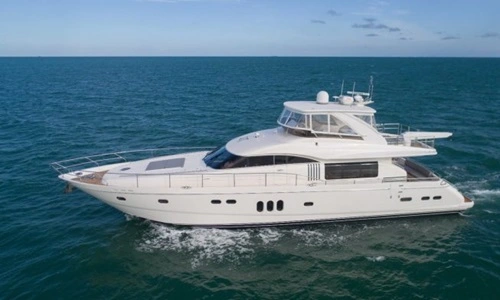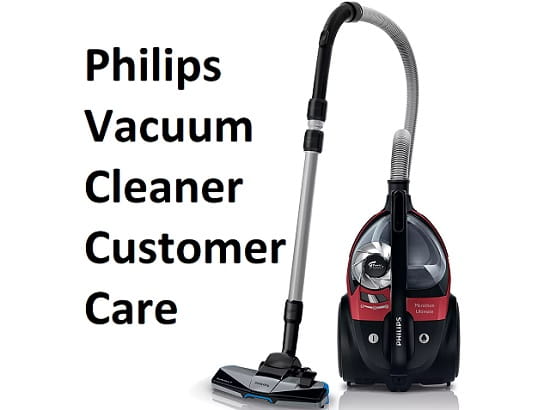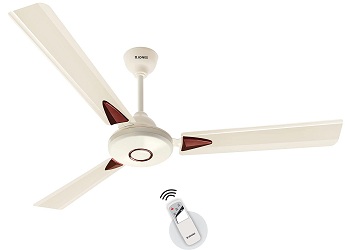Recent years have seen a sharp rise in the number of boat owners, especially in the coastal towns of Mumbai and Goa. This is because yachting is becoming increasingly popular among India’s upper class as a leisure pastime, and there are more and better yachts and yacht services available there as well. Prices for yachts are still competitive and are influenced by the age, brand, and condition of the vessel.
For smaller boats, the average cost of a new yacht is approximately 2-3 crores, whereas larger boats can cost up to 1,000 million Indian rupees. Annual maintenance expenditures associated with ownership can range from Rs. 1 lakh to Rs. 5 lakhs.
According to the size and style of boat you select, the overall annual cost of owning a yacht, including upkeep, can range from ₹2 lakh to ₹5 lakh or more. You can see a breakdown of this expense below.

Below are estimated costs of types of yachts
- Mid-size luxury yacht (50 to 60 feet)-₹5 crore to ₹30 crore
- Small sailing yacht (less than 50 feet)-₹2 crore to ₹3 crore
- Large motor yacht (over 70 feet) -exceed ₹70 crore
Some key takeaways for owning a yacht
- Yacht operating costs can range from 10% to 20% of the vessel’s annual value, including fuel, staff, and other costs.
- You should budget between 1% and 2% of the boat’s annual value for insurance.
- For information on the legal permissions and tax implications associated with buying a yacht in India, speak with specialists in taxation and marine law.
Cost of Owning a Yacht in India
Let’s examine the expenses of maintaining, docking, insuring, fueling, and crewing a yacht. These typically amount to 10% and 20% of the yacht’s annual value.
Factors influencing the price
Frequent upkeep: The size and style of your yacht determine how much upkeep will cost. With time, the cost may rise, particularly if your yacht needs more expensive repairs as it ages. Cleaning and painting, mechanical and engine work, repairs to electrical and electronic systems, and upkeep of the plumbing and sewage systems are common maintenance expenses.
Docking fees: These costs may change according to the marina’s location, features, and services. Look at marinas near your intended site and ask for docking service quotes to gain a better idea of the costs associated with docking your boat. If you need to remove your boat from the water during the winter or when you are not employing it, remember to factor in the costs associated with transportation and storage during the off-season.
Insurance costs: Having boat insurance is essential to safeguarding your investment against various hazards, including accidents, theft, and natural catastrophes. The value, age, size, and intended use of the yacht are typically considered when calculating insurance premiums. You should budget between one and two percent of the yacht’s yearly value for insurance coverage. However, depending on your boat and insurance company, this percentage may change.
Fuel and crew expenses: Depending on how big your boat is, managing and maintaining it can require hiring a staff of experts. The roles and experience of the crew determine their pay, which can have a big impact on your yearly boat expenses. Additionally, the size of your yacht’s engine and the distance it travels will affect how much fuel costs.
Conclusion
The size, features, and price of a yacht are important factors to consider when shopping. Depending on the size and characteristics of the yacht, you may have to pay anywhere from 2 to 30 crores for it. Larger yachts will cost more money, whereas smaller yachts will normally be on the lower end of this spectrum. Used boats are more reasonably priced, particularly if you are ready to make some compromises regarding the boat’s age or certain characteristics. A used yacht will cost you between 60 and 70 percent of its original cost.
Related Topics
- What is the Cost of Owning a Helicopter in India?
- What is The Cost of Owning a Private Jet Plane in India?

Santosh Kumar is an editor at unfoldstuffs.com and a professional content writer. With years of experience he is passionate for creating engaging, informative and impactful topics.









